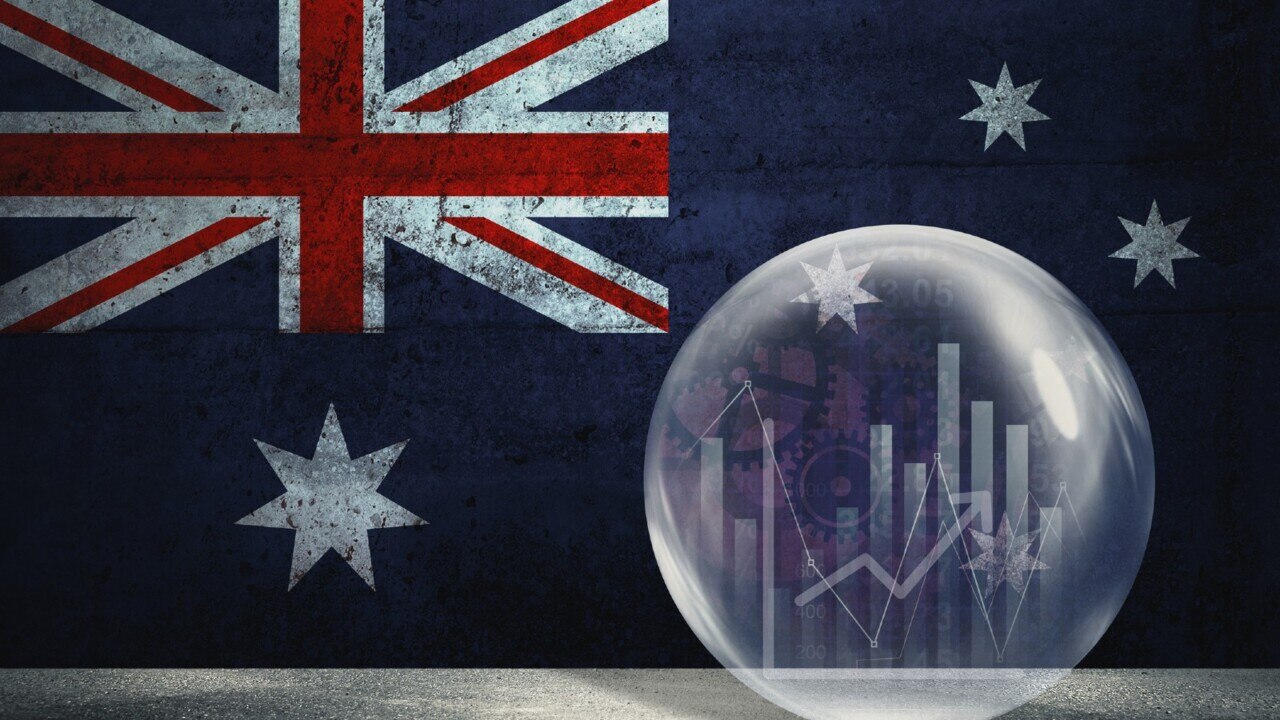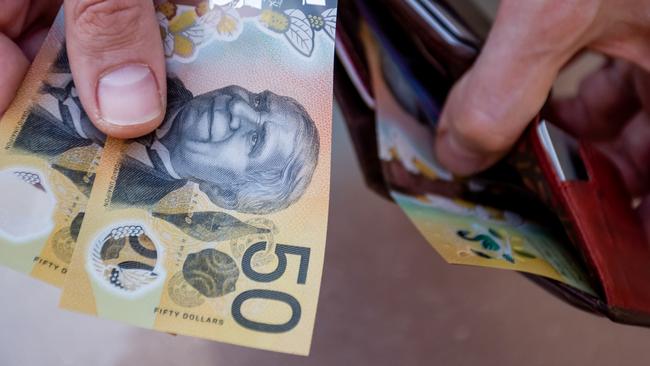Inflation at 36-year high: what it means for your money
Australia’s inflation rose 7.8 per cent in 2022 – the largest annual rise since 1987. Here’s how it will impact you and your finances.

The biggest annual inflation jump in 36 years has impacted many parts of Australians’ lives, piling on stress in multiple ways.
Wednesday’s official Consumer Price Index data showing a 7.8 per cent annual rise was higher than economists expected, although many believe inflation has now peaked.
Just two years ago – before the pandemic – CPI inflation was 2.2 per cent and for much of the past seven years it’s been below 2 per cent.
We won’t get back to that level quickly, so it’s a good idea to know how inflation will affect you in the coming months.
BORROWERS
Rising home loan interest rates have been the biggest source of financial pain for many Australians, with repayments on variable rate mortgages jumping 40 per cent since the Reserve Bank starting raising rates in May to rein in rising inflation.
The RBA watches CPI closely uses rates to try to keep annual inflation between 2 and 3 per cent. The new data makes it more likely that the RBA will increase again at its February 7 board meeting.
SAVERS
For years bank deposits paid pitiful interest rates near zero per cent, and some still do, but savers can finally get decent returns on their money.
Many financial institutions pay interest near 4 per cent, something that would not have happened without rising inflation prompting the RBA to lift rates. Many economists expect more rate rises this year, which will positively impact savings account returns.

SHOPPERS
Surging supermarket prices are hitting household finances hard, but most experts believe the pain is temporary.
If inflation is at its peak, the prices you are currently paying should not continue climbing at the same rate. However, don’t expect them to go backwards.
WORKERS
Economists and other experts have been worried about a wage-price spiral, where rising prices push wages sharply higher, which then pushes up prices as businesses try to afford those higher wages, but this has not happened and wages are growing at about 3 per cent.
Pay increases have not kept pace with inflation, which means people’s spending power has been going backwards. However, this should stop inflation spiralling out of control.
INVESTORS
Rising inflation and interest rates damaged asset values in 2022, and in theory shares become less attractive when rates rise because other options – such as cash and bonds – pay higher incomes.
In practice, however, the 6 per cent stockmarket surge in January shows that shares often run their own race. The short-term outlook remains volatile.
Property prices have dropped nationally, and more falls may come. When inflation and interest rates stabilise then drop, buyers will have more confidence to return.
RETIREES
Higher inflation means a tricky balancing act for seniors. On one side they are finally earning interest on their bank deposits, but they are also paying more for food, energy and other household costs when they cannot simply work extra hours to cover the shortfall.
The good news for pensioners is that age pension payments are adjusted to match or beat inflation twice a year. In September 2022 the rise was almost 4 per cent, and the current inflation data suggests another big jump coming in March.






To join the conversation, please log in. Don't have an account? Register
Join the conversation, you are commenting as Logout